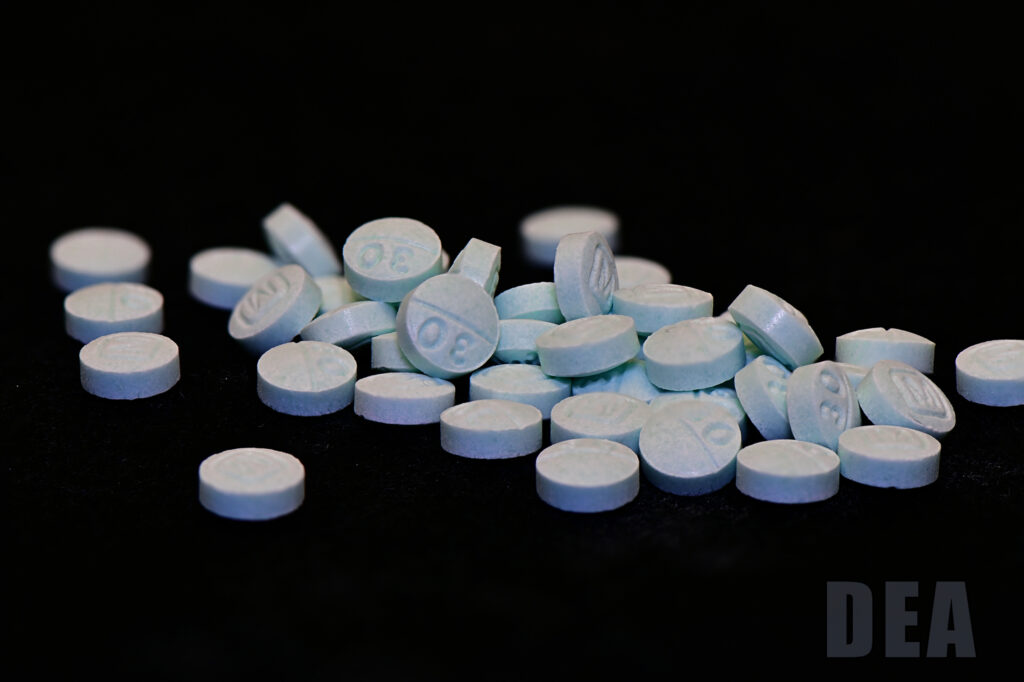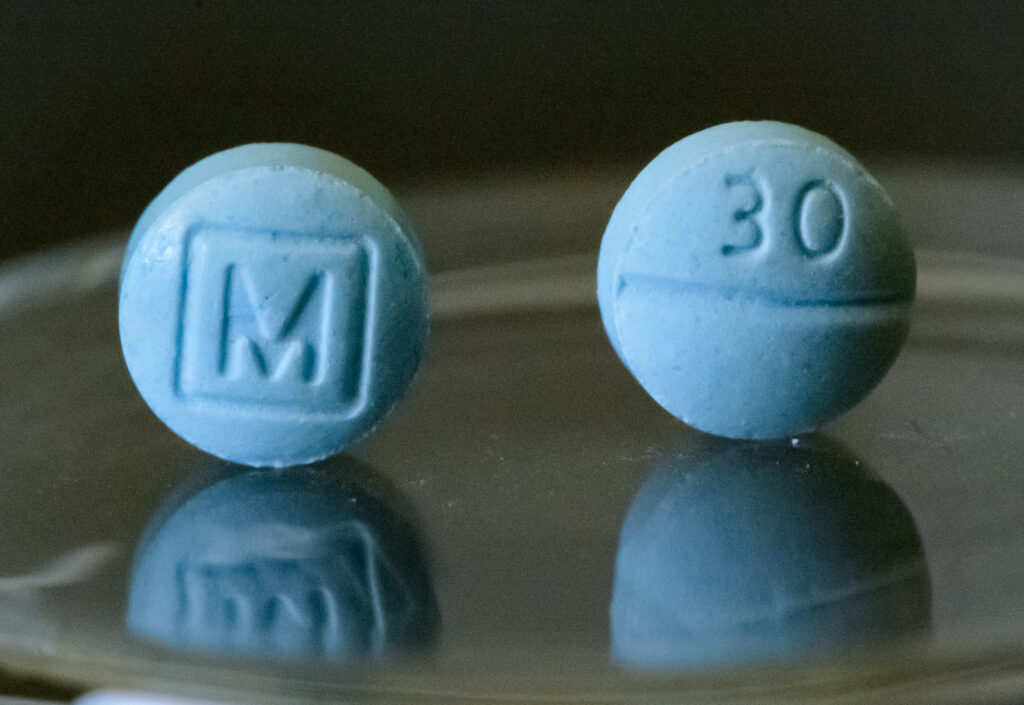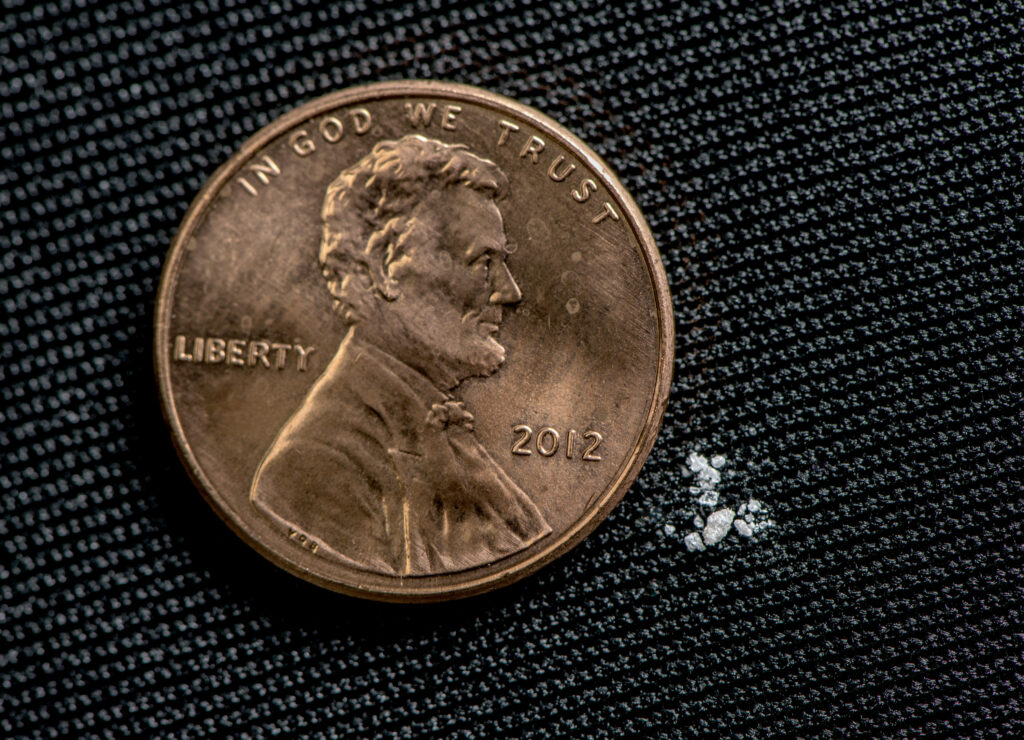

We know we should only take medications a physician or health care provider prescribes. Despite that knowledge, people occasionally take a drug prescribed for a friend or a family member, believing that it will “help” and that one-time use does not pose any risk. Unless you know the origin of a medication, the belief that “one-time use” is safe may be misplaced.
A colleague recently visited Cancun, Mexico. During a quick trip to a pharmacy for Benadryl my colleague noticed shelves of medications available for purchase without limitation. Medications for pain, attention deficit disorder, and anxiety that require a physician’s prescription in the United States of America were available. When the shopkeeper noticed my colleague’s amazement with the assortment of medications, she volunteered that she could ship to any address in the United States. I suspect that practice would be frowned upon by law enforcement authorities in the U.S.!
- A December 2023 article in U.S. News and World Report reported that Mexican authorities had found suspected fake and fentanyl-laced medications in 31 of the 53 pharmacies they inspected in a Baja California coastal city.
- In August of 2023, several pharmacies in tourist hot spots on the Caribbean Coast were shuttered for selling expired pharmaceuticals and medications for which no supplier record existed.
- In March of 2023, National Public Radio (NPR) reported on a research project of the University of California at Los Angeles (UCLA) School of Medicine. Researchers tested pain pills purchased at pharmacies in cities in Northern Mexico. Twenty-seven percent of the pharmacies they visited were selling fake pills. When tested, pills labeled as oxycodone contained fentanyl and heroin, drugs that are substantially stronger and more deadly than oxycodone and put the unsuspecting user at risk of overdose. The researchers analyzed other “pharmaceuticals” (including some labeled as Adderall) and discovered they contained methamphetamines.
The U. S. State Department has issued a travel warning to alert travelers of the potential risks associated with purchasing medication in Mexico.
- The danger of look-alike pills does not stop at the border. In 2023, the Drug Enforcement Administration (DEA) seized over 75 million fentanyl-laced fake pills and more than 10,000 pounds of fentanyl powder.
- The DEA reports that a potentially fatal dose of fentanyl is as little as 2 mg and that seven out of 10 pills tested contain 2mg or more of fentanyl.
- As of March 8, the DEA has seized 1,440 pounds of fentanyl thus far in 2024. If a lethal dose is 2 mg, that equals 325,866,240 potentially lethal doses.

Further complicating this risk is the reality that the fakes look real! There is no reliable way to distinguish a fake from a genuine pill other than ONLY using medication obtained from a licensed pharmacist operating within the safeguards provided by law and regulation. The DEA offers several resources to help publicize the risks associated with these fake pills.
In November of 2023, the Kansas City Star published a heartbreaking profile of 26 lives that were lost when these individuals used pills that they did not know would end their lives. The profiles include victims as young as two (exposure to fentanyl in the home) and as old as 49; regrettably, these tragic stories are occurring in communities across the country, and no place is immune.
Call to action!
Educate your community about fentanyl, fake pills, and overdose prevention.
Substance Abuse and Mental Health Service Administration (SAMSHA) – Overdose Prevention and Response Toolkit
Drug Enforcement Administration – One Pill Can Kill – Partner Toolbox
Drug Enforcement Administration – One Pill Can Kill – Social Media Campaign
The National Institute for Occupational Safety and Health (NIOSH) – Fentanyl and Work
